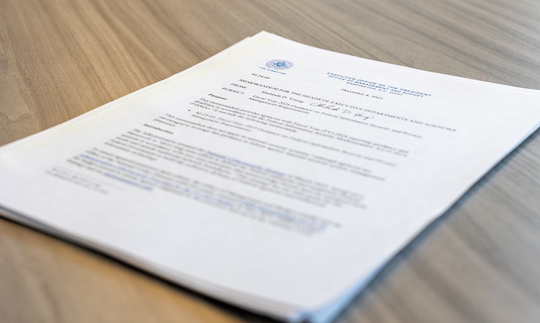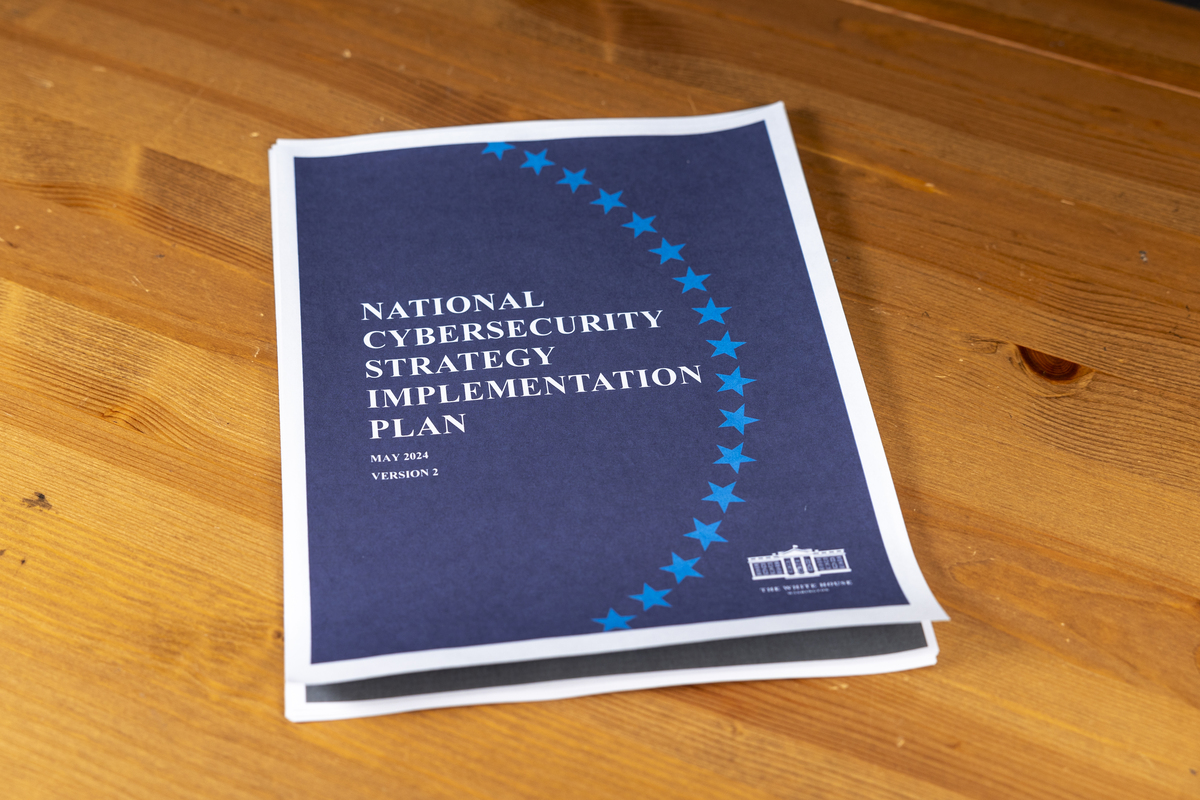 | Zero Trust is a modern security model that assumes no entity should be trusted by default. It's a cloud security model that aims to prevent unauthorized access to data and services. Unlike traditional perimeter-based models, Zero Trust assumes that threats can originate from both inside and outside the network. Our specialists bring deep expertise in implementing Zero Trust architectures tailored to client needs, ensuring robust protection for users, devices, applications, and data. Through continuous verification and strict access controls, we provide advanced protection of systems to reduce the risk of attacks, increase the effort and cost required by adversaries, and improve interoperability across components of client networks. |
 | Services |  |
Our Services
Mission Support Services
Risk Assessment and Mitigation
Cyber Systems Engineering Lifecycle
Budget and Acquisition Management
Performance Management
Education and Coaching
Compliance and Audit
 | Solutions |  |
Our Solutions
Program WBS
Cost Estimates
Regulatory Compliance
PQC
— COMET
Coaching
 | Contracts |  |
Contract Vehicles
SIN 54151HACS
SIN 541611
SIN 541690
Other Vehicles
 | Insights |  |
Policy Issues
REGGIE: Regulation Daily
Featured Insights
— AI
— Zero Trust
— Cyber Audit
— PQC
— Cyber Compliance
White Papers
Contracting Executives
 | About |  |
About Us
Our Story
— Pro Bono
Our Team
Our Environment
Careers
— Internship Programs

